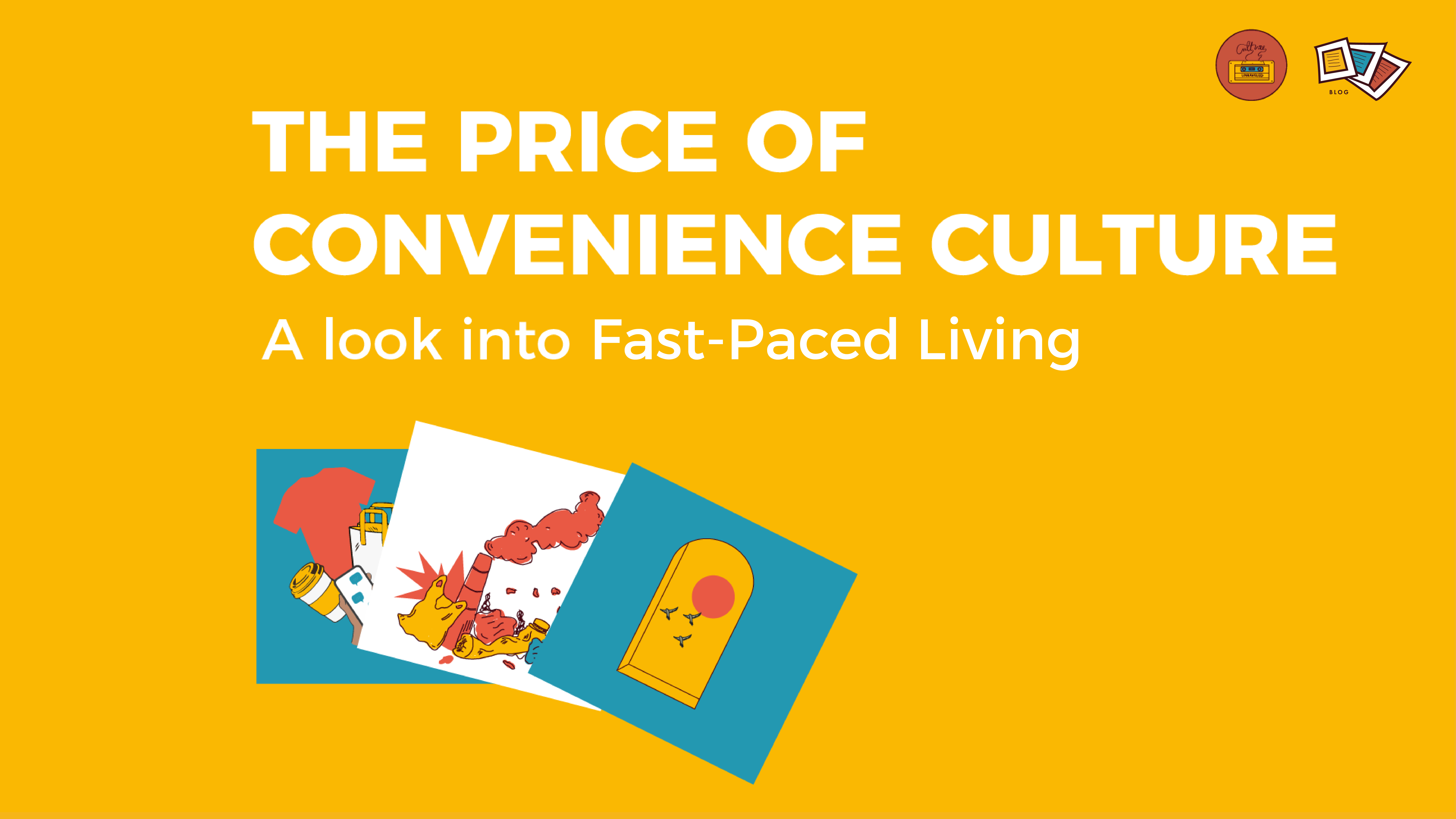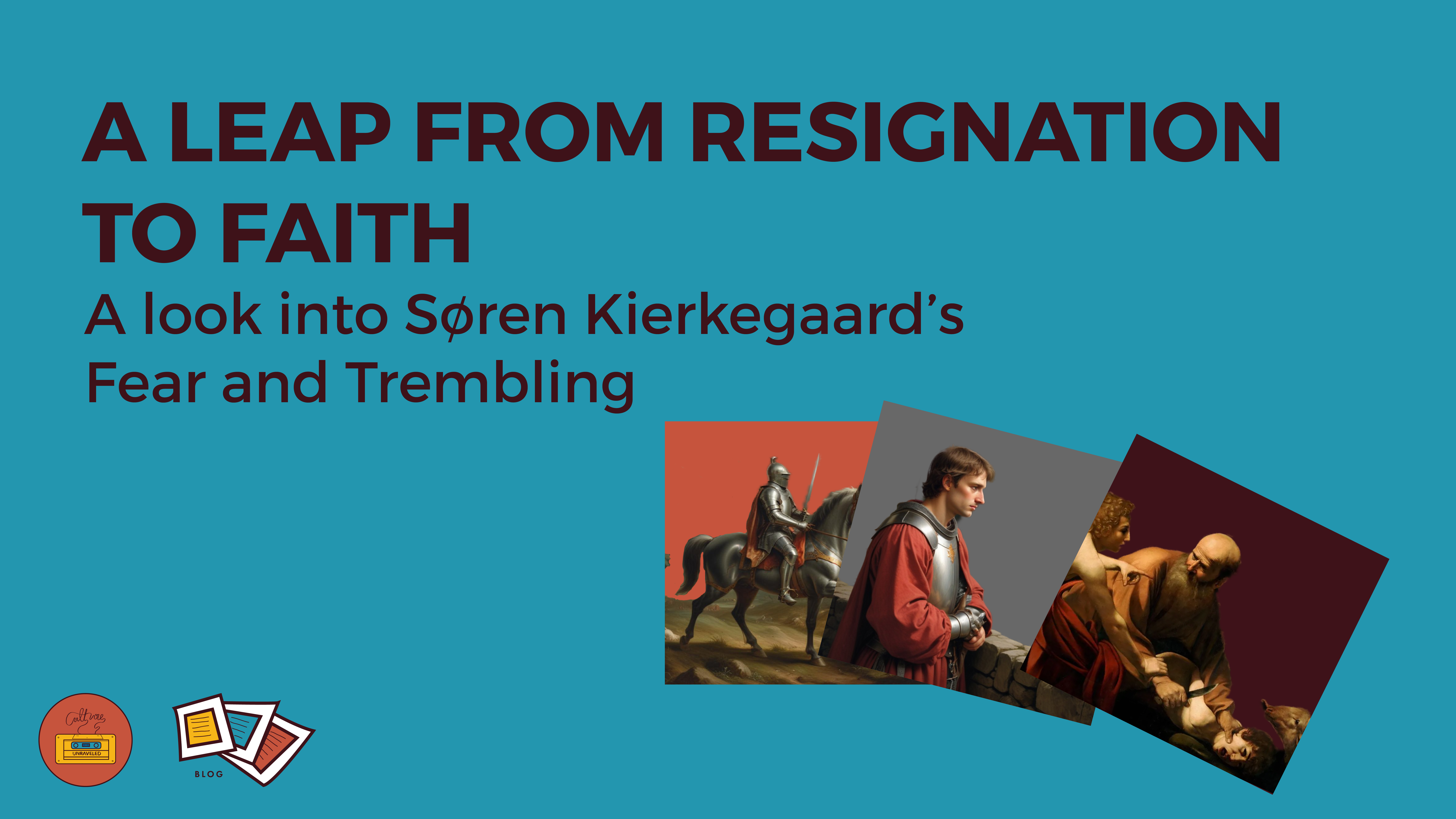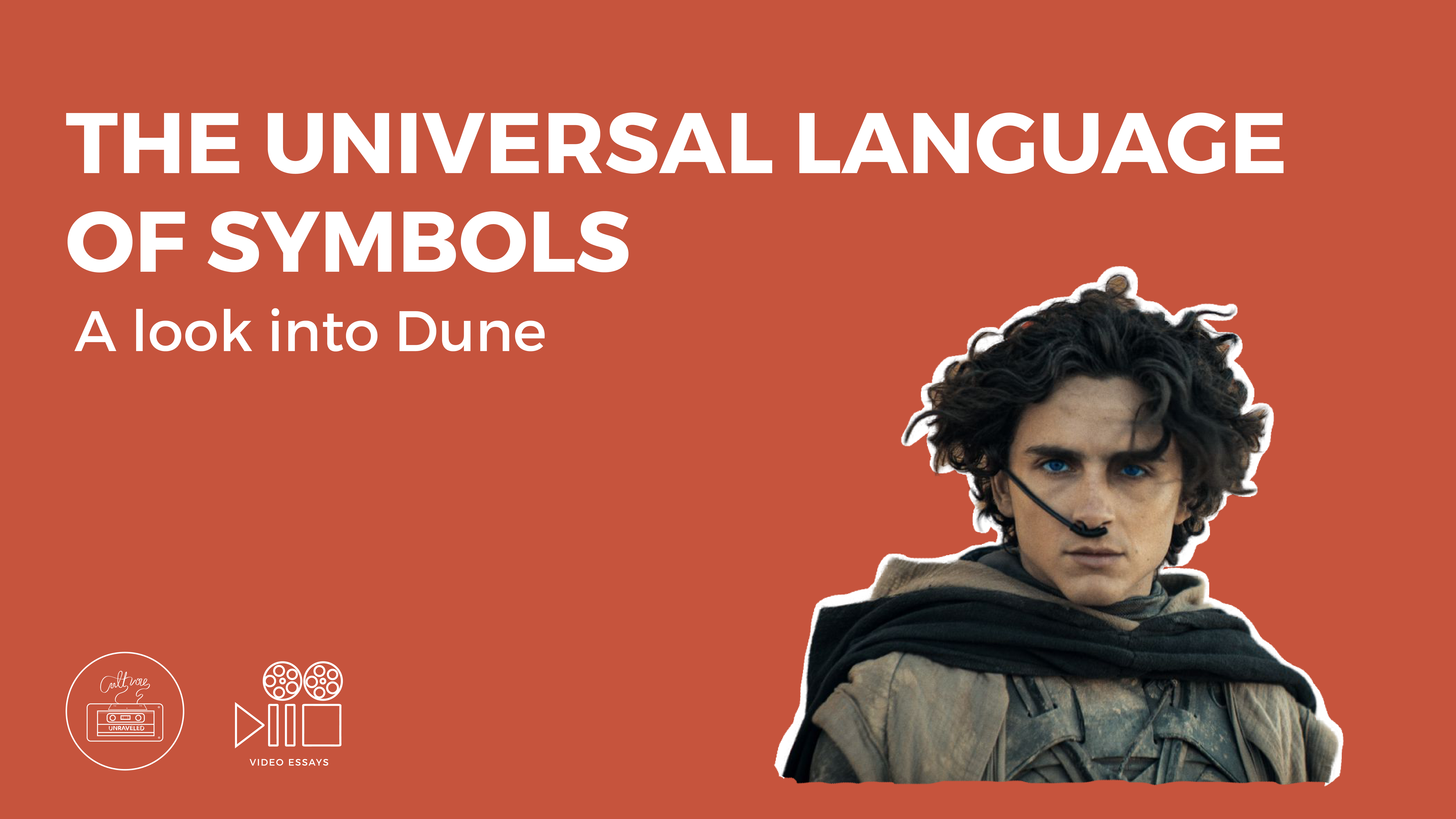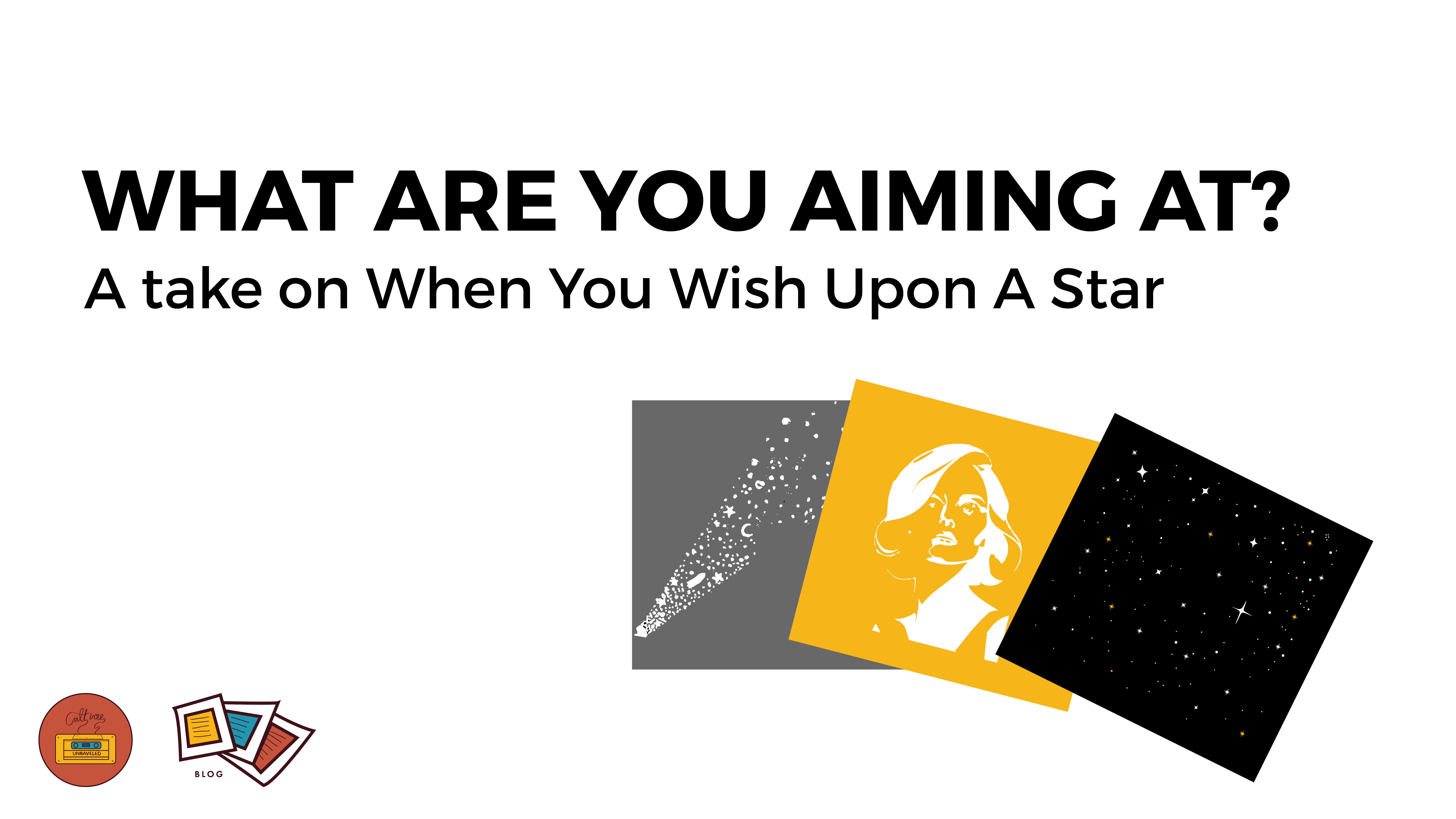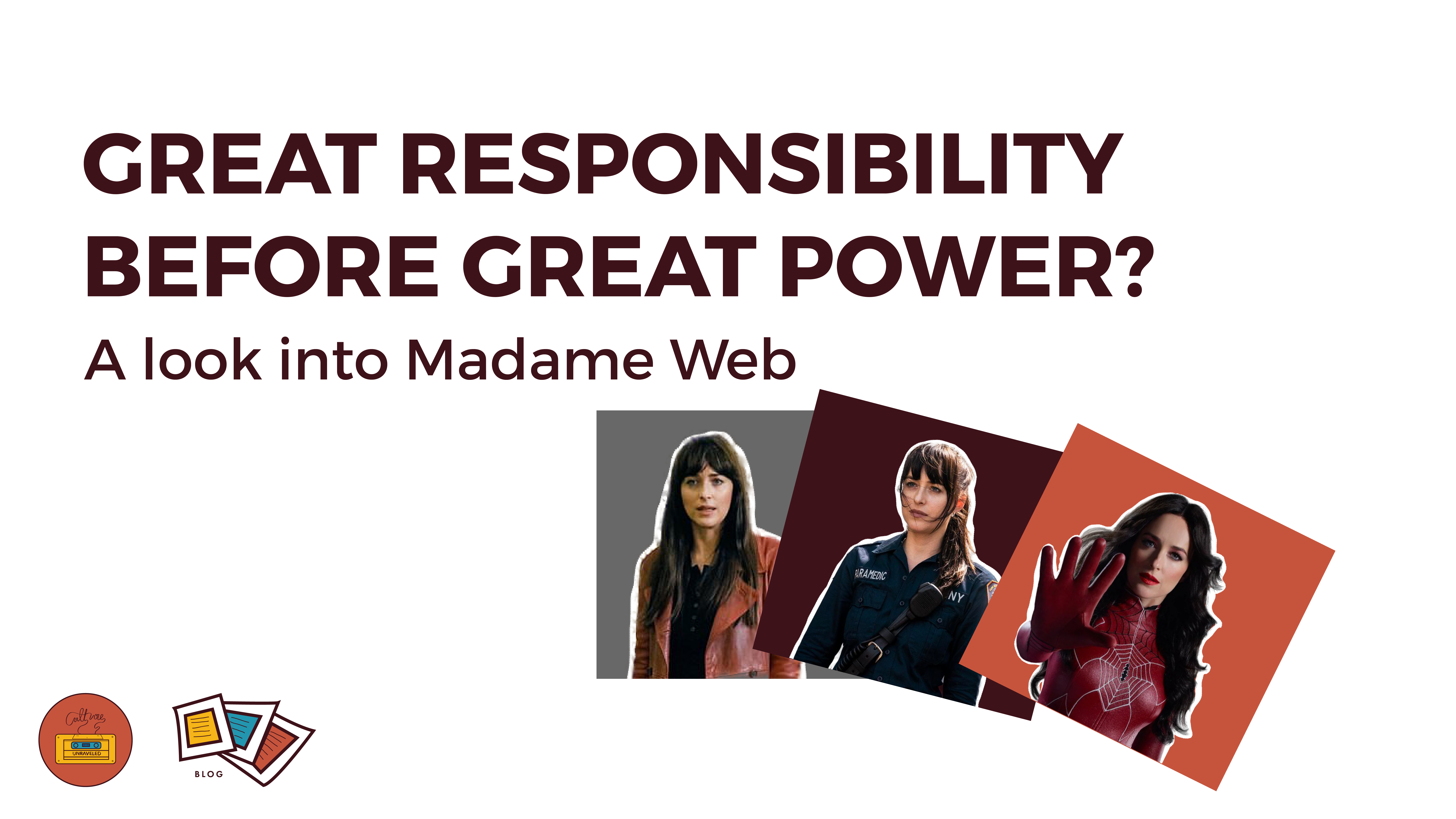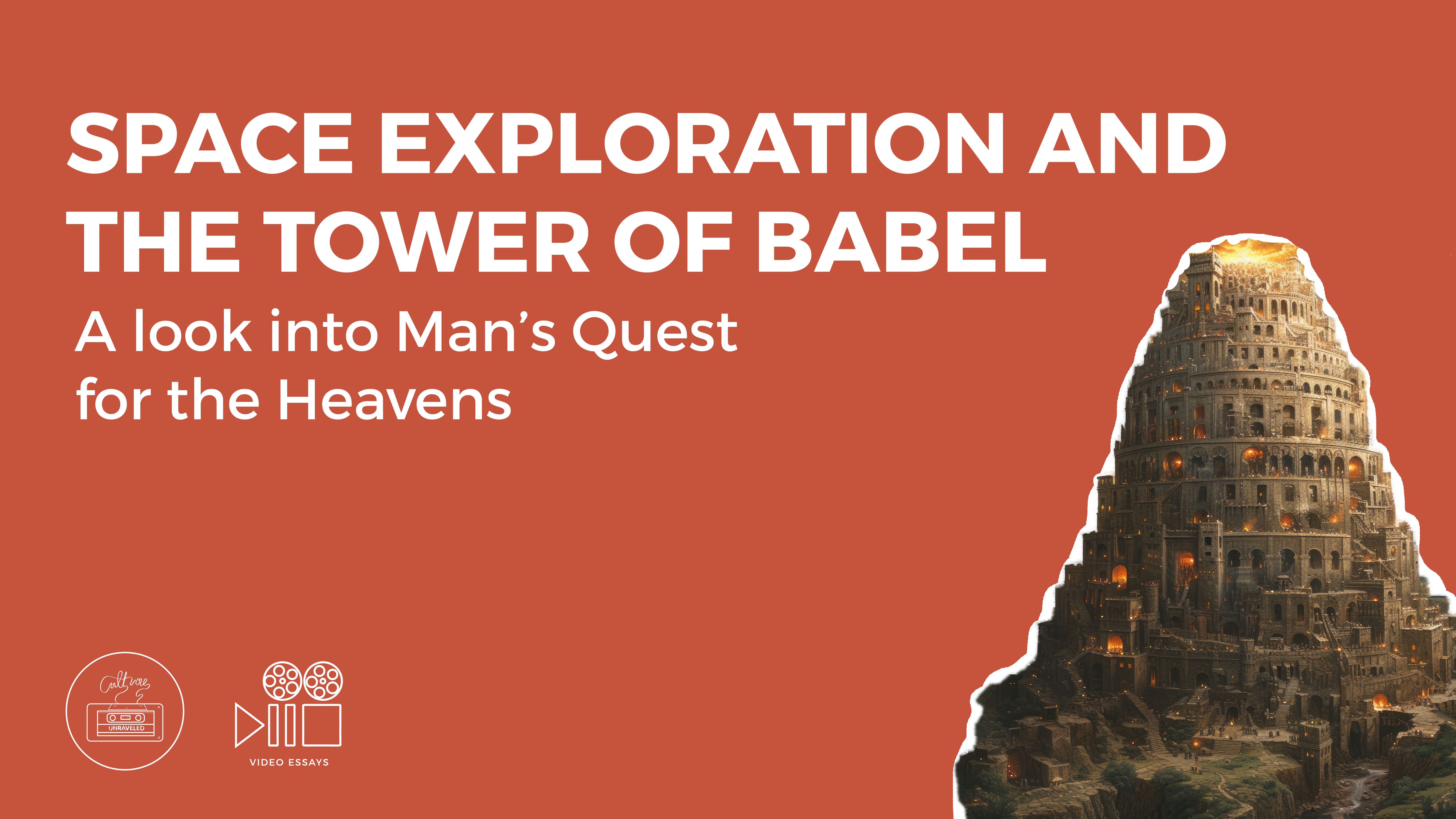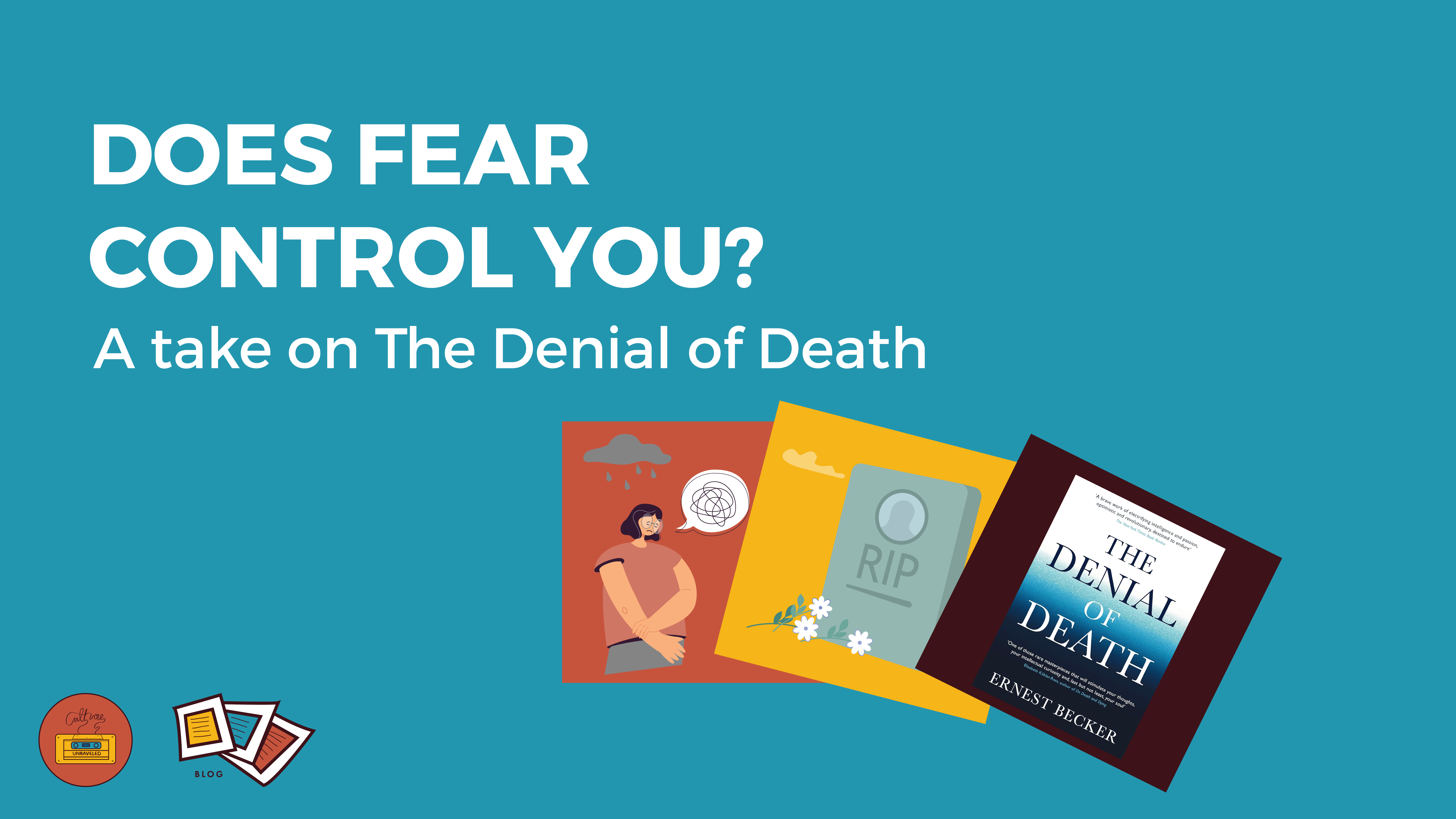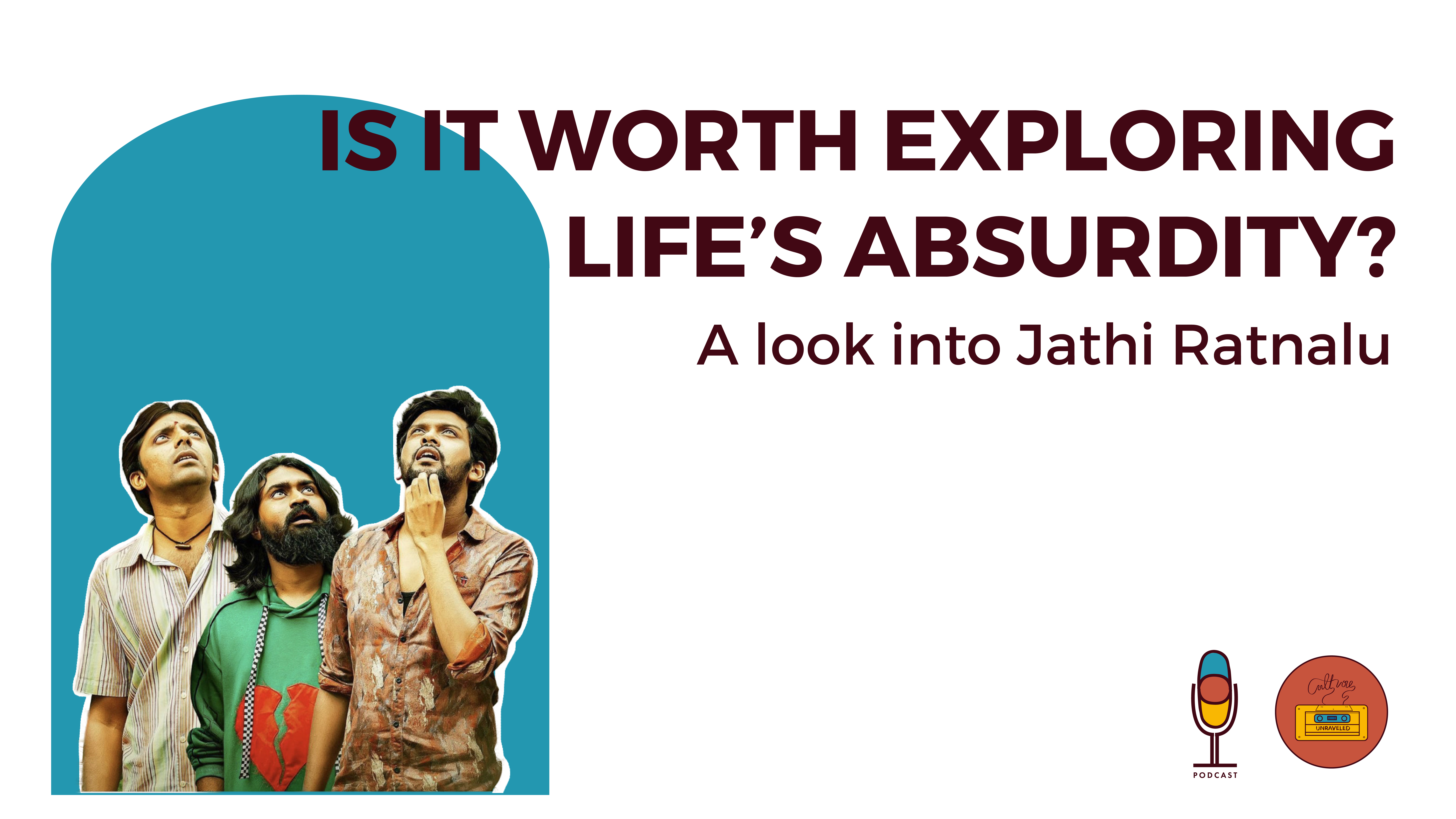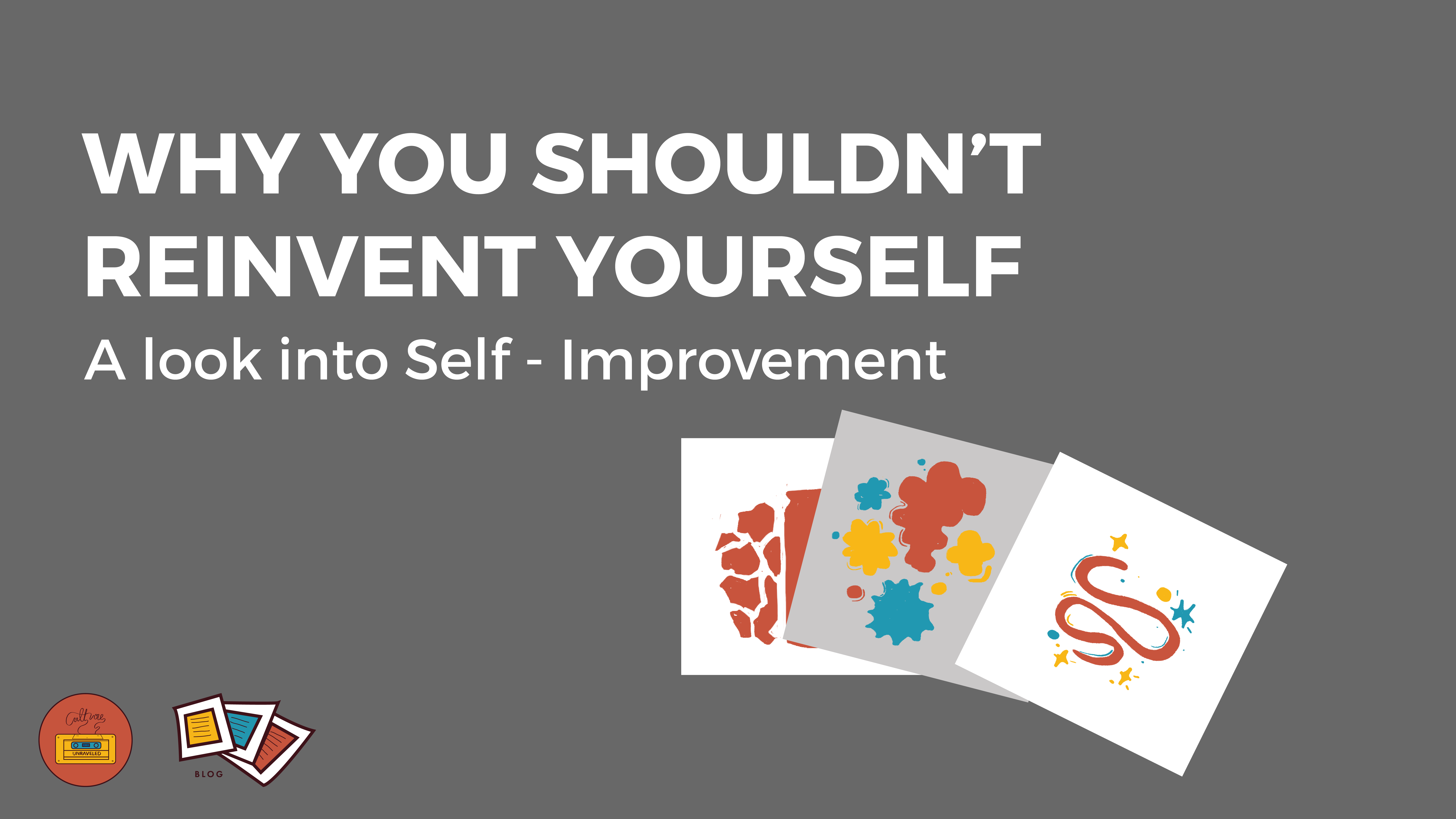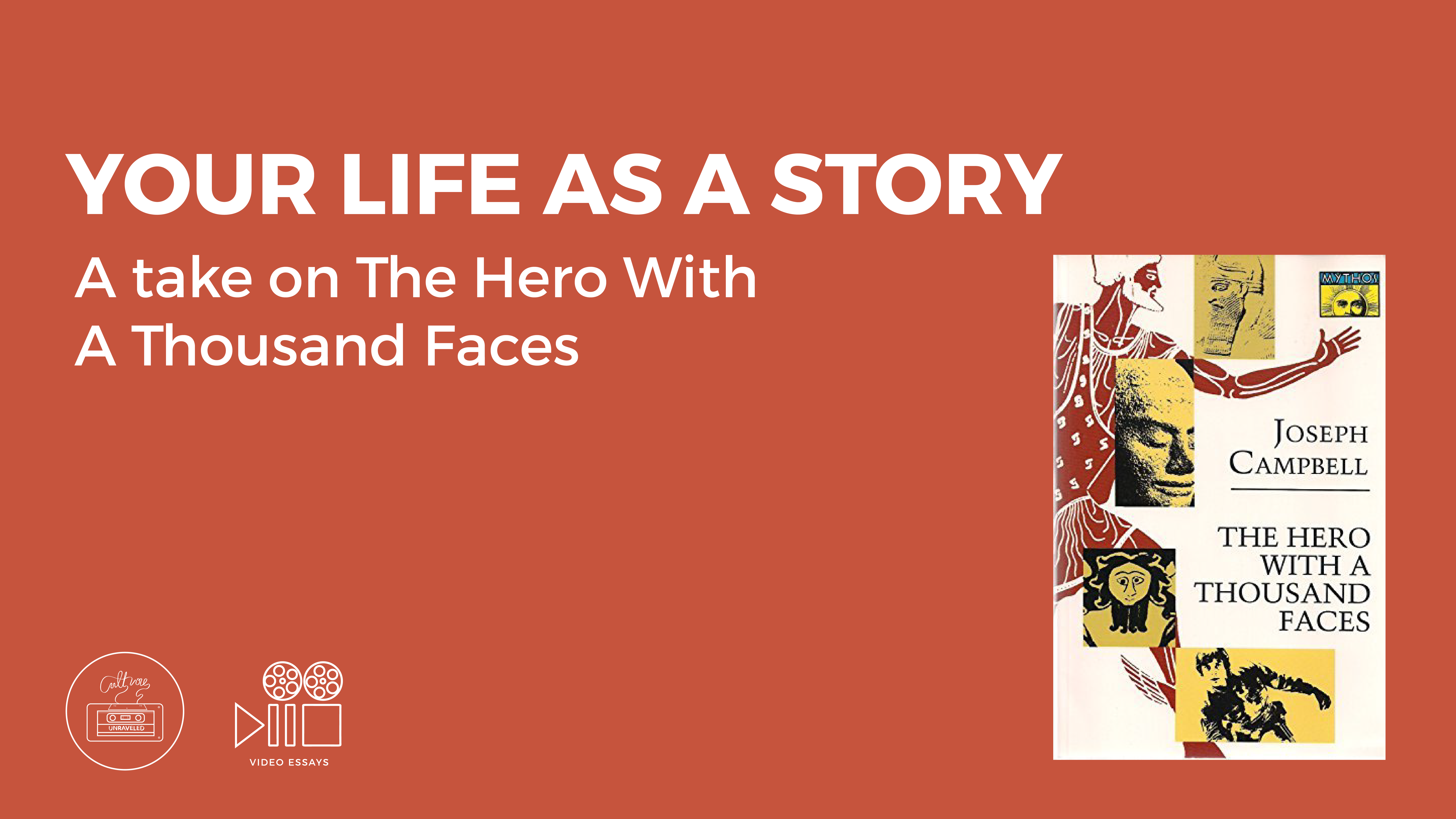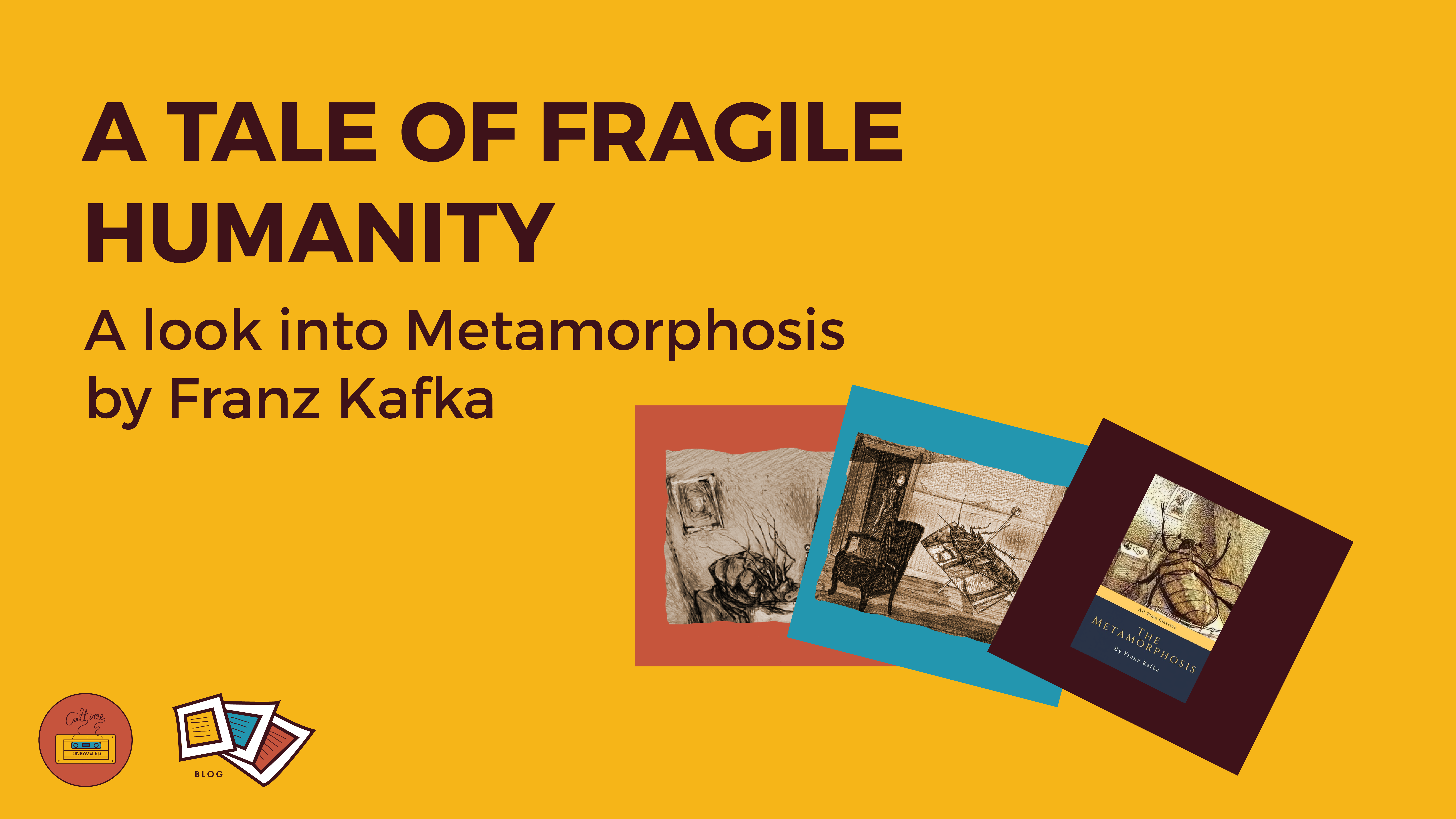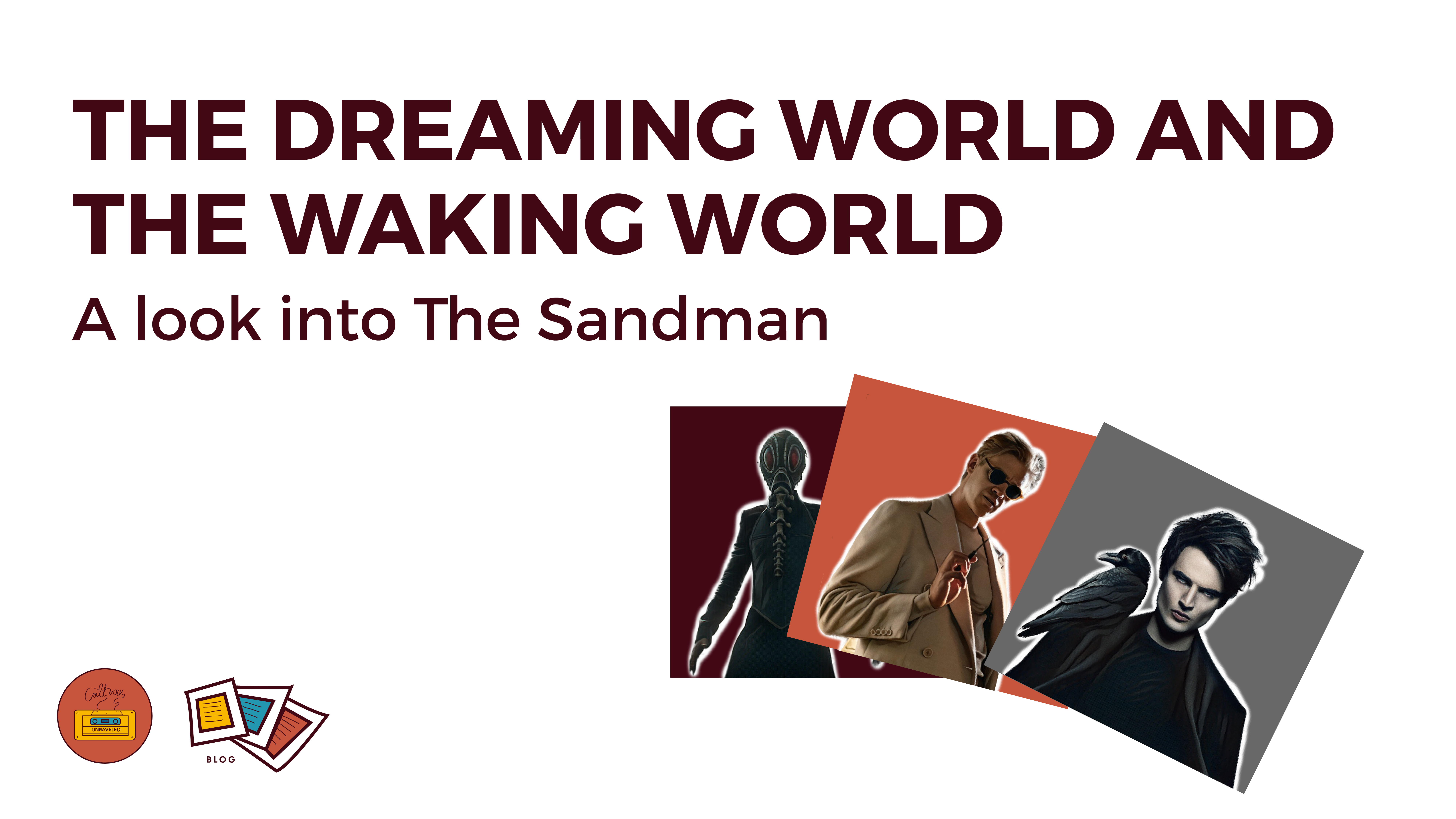
Plot
My first encounter with the word Sandman takes me back years to a memory when me and my friends, in college at that time, would enjoy singing and playing the guitar under the shade of a mango tree. Metallica was a well know rock band, the music which many of us enjoyed and one of our favourites was the song “Enter Sandman”. The song drew a scary and terrifying caricature of the Lord of the Dreaming, one that has remained with me since then, until recently when I watched the Netflix series titled “The Sandman”.
The series begins by introducing a realm, The Dreaming, a realm that humans might unconsciously ignore but which co-exists with The Waking world, that is reality. The Lord of the Dreaming is Dream also called Morpheus, a being who is one of The Endless, the other six being Death, Destiny, Destruction, Desire, Despair and Delirium, his siblings. In The Dreaming Morpheus creates dreams and nightmares to maintain the balance in The Waking World. The plot revolves around Morpheus’ duties in The Dreaming and The Waking world and as his reign in The Dreaming is challenged and threatened, he finds his true purpose in the most unusual way. There’s much we can learn from this series, but let’s look at some characters from The Sandman.
The Dreaming – The Escape
Right at the beginning, the narrator captivates us just as Morpheus’ raven cuts into The Dreaming from the Waking world, he recites these words, “… in the waking world, which humans insist on calling the real world, as if your dreams have no effect upon the choices you make…” and he continues, “… When the waking world leaves you wanting and weary, sleep brings you here to find freedom and adventure, to face your fears and fantasies, in dreams and nightmare.”. That in itself ought to make you pause and ponder much, firstly Morpheus is right, I wonder if we ask ourself the question, “Where is heaven or hell really?” What will our answers be? In which direction shall we point or where can we lead our thoughts to answer this? We know little about these topics and yet all the successful visual arts now a days have elements of escape into imaginary realms, surprisingly mostly for the redemption of our reality. I believe the issue is known but not entirely comprehended, we know that this world is broken or in a more palatable manner “not the way it’s supposed to be”, and yet we fail to find answers or solutions in our reality but we hope to find them in dimensions we know little or nothing about. The problem is real, the cries of the heart are important, the search is necessary but the solution, well that’s the question, how do we hold the solution to fix this reality and the deep longing to escape into another at the same time in the same hand?
As C.S. Lewis so masterfully put it in Reflection of the Psalms, “It is as strange as if a fish were repeatedly surprised at the very wetness of water. And that would be strange indeed: unless of course the fish was destined to become, one day a land animal.”, we cannot complain much when the echoes of redemption and escape so loudly resonate in the depths of our hearts as we continue our journey in this fractured reality. Probably it’s as C.S. Lewis suggests, we are meant to be of a different pond.
The Corinthian – Our Worst and Necessary Reflection
As we go deeper in the series, we come across many dreams and nightmares, created by Morpheus. Each of them were created with a purpose to maintain the thin balance in The Waking World and one of them, who’s a nightmare, is called the Corinthian. His purpose was to be a black mirror in order to reflect the darkness that humanity could not confront in itself, but he went rogue, forced himself out of the clutches of The Dream and The Dreaming and into The Waking world. Instead of revealing the prevailing evil in mankind, he instead reflected his image on mankind and in the bargain established a cult following of his own, called The Collectors. This group took joy and pleasure in lavishing all evil with pride. The Dream eventually caught up with The Corinthian and uncreates him, leaving The Dream and The Dreaming without a nightmare.
A mirror is often used to remove the small blemishes we see, but more importantly focused on making us appear more beautiful than what we first did. We so often strive to look at the best in ourselves, to focus on the good and hide all out weaknesses, but doesn’t that eventually ignore our evil? I’ve learnt, any evil we try to suppress always has its outburst elsewhere. The evil of gluttony on our health, the evil of corruption in paralysed societal justice, the evil of pride in a dysfunctional global engagement and so on and on we can go, but this all points to one thing primarily, the purpose of The Corinthian, is vital if fulfilled. We humans are intrinsically evil, culture has entirely denied this premise but the prophet Jeremiah was on the mark when he said ,
“The heart is hopelessly dark and deceitful,
a puzzle that no one can figure out.”
We need these mirrors in our lives and even as the mirror radiates our beauty, it should also necessarily bring to surface our evil. The presence of evil should point us to the solution, although the series point to retiring to a place, The Dreaming, as the solution we still ask how?
The Dream Vortex – The Self Revolution
We come across another character called the Dream Vortex, manifested in Rose Walker and played by Vanesu Samunyai. A Dream Vortex is a phenomenon manifested in a mortal that appears once in an era, it’s the single most threat to The Dreaming. It often attracts stray dreams and nightmares, then attracting dreams of other human beings and finally collapsing on itself, destroying the minds of the human beings and damaging The Dreaming. Dealing with the dream vortex is paramount to Morpheus, in fact because of its threat to The Dreaming, that’s the only time he can take a life of a human being. The later part of the series is focused around how Morpheus now handles the threat of the Vortex.
Recently my daughters mentioned how in school their teachers never marks a cross on the paper when they are in wrong, on the contrary they only underline. It first puzzled me why they shifted from what was done through the ages, but when we look at the larger narrative we make our children the centre of our live and subdued discipline on the pretext of not offending or hurting them. This has spilt over into schools shaping children as they grow, unfortunately when they come of age to work, we see many with high overconfidence but low temperament and wisdom. All these years we’ve been telling children and ourselves that the God “I” is who we ought to worship, now when the rubber meets the road, our tyres melt away. It then takes loved ones to bend over backwards just so that we might be comfortable in this life. That’s what a vortex really looks like in reality, “I am in the centre and I won’t push an inch more than what I’m are supposed to do and I expect loved ones, society, culture and the times sway the tune of my rhythm”. All that it does, like the Dream Vortex in The Sandman, first destroy our loved ones, then suck and destroy the dreams of our well-wishers and then eventually destroy ourselves. We need to basically grow up, learn to be sacrificial, grow to be mature and wise and chose to live not only selfishly but sacrificially.
Bringing it together.
The Sandman desires the existence of reals other than our own and the redemption of reality through them, surely because nothing here can accomplish it. They are right, nothing in this world can redeem us, the redemptive is in the transcendent.
Like The Corinthian, we recognise, each one of us has an intrinsic worth and a definite purpose in this life, but it’s our responsibility to look at the mirror and allow it to reflect perspectives of good and evil both. The mirror though can never be our ethical yardstick, if redemption is from the transcendent, the ethics ought to be from there too. We look into it to find our worth and value, through transcendent ethics, but we also look into it to recognise the evil we are capable of. We loose the purpose of the mirror if it’s not reflecting right back at us what it’s supposed it, it is not meant to reflect our image at any good angle towards society, it’s meant to show us our lag and lead us to the redeemer.
The Vortex reminds us that we are not the centre and we should never aim to be in either. Each of us should be willing to take up our cross, assist each other and walk towards the right path of life, rather than sucking them into our circular path that eventually destroys all.
Author: Nyal Fernandes

